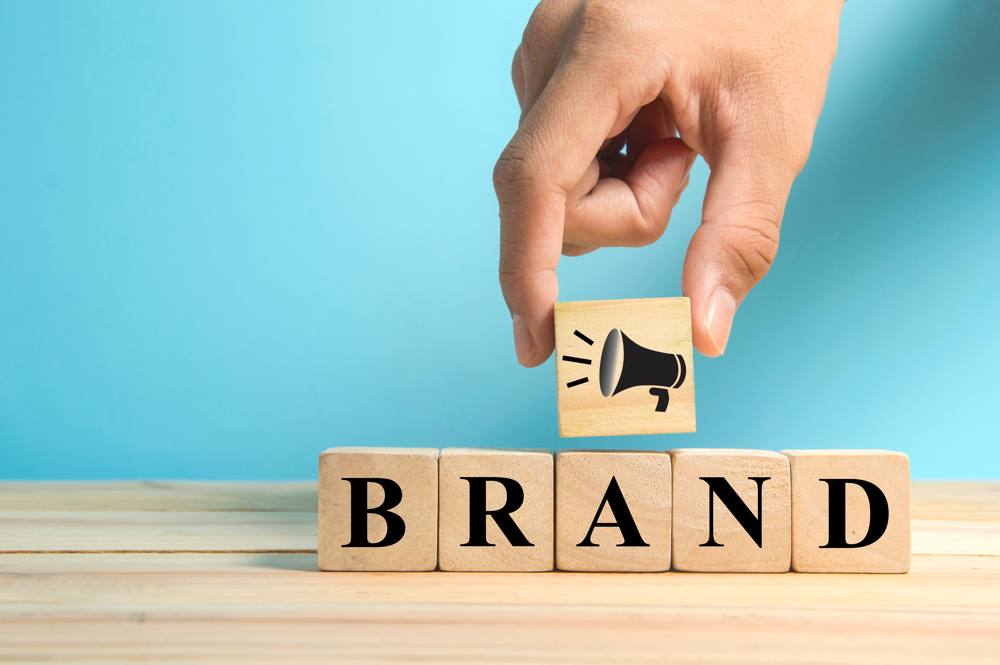Part of the podcast explosion of the past few years has been the rise of branded podcasts.
Done right, branded podcasts can be incredibly powerful. Not only do podcasts reach young, affluent consumers who favour ad-free content, but no other form of content marketing can deliver the deep engagement of podcasting and keep the audience engaged for the full half-hour or so of each episode.
We’ve had a chance to see this up close with dozens of Brand Lift Studies we have conducted brands such as Facebook and Google, as well as companies like Pacific Content who create original podcasts with multiple brands. Even when they use a feather-light brand touch, we see brand recall for branded podcasts that match or exceed full-length ads in video or other audio content.
BBC Global News recently commissioned Neuro-Insight to do a multi-country study on branded podcasts. Combining neuroscience with surveys, they found that engagement, emotional intensity and memory encoding around brand mentions in branded podcasts out-performed their TV benchmarks by more than 22%.
Our branded podcast studies have taken a variety of approaches over the past five years depending on the podcast and its objectives. Here’s our key learning so far:
#1: Above all, the content must be unique and amazing
For a branded podcast to be successful, it needs to stand out in a crowded field of hundreds of thousands of podcasts. Why would a listener choose to devote the next half-hour of their time to your podcast? What do you have to share with your audience that would put it on their list of must-listen podcasts?
Our Brand Lift Studies for branded podcasts are split in two parts—the first part tests the content; the second addresses brand impact. Successful podcasts have to pass the content test for brand impact to be even relevant.
We find that top tier branded podcasts excel on at least two of the following: they entertain; they tell great stories; they teach listeners something new; and/or they inspire.
#2: Look for content that’s an organic fit with the brand or its purpose
The sweet spot for branded podcasts lies at the intersection of your brand and the interests of your target audience.
Sometimes you get lucky, and the story is in the brand itself: Bring Back Bronco: The Untold Story and Inside Trader Joe’s are successful podcasts that tap into fans who can’t get enough of the brand and deepen their engagement. Those are rare opportunities.
More often, you’re working at the top of the marketing funnel. Here are some examples:
- You might look at serving an information need of your target audience: Hackable by McAfee tells stories of how hackers can breach your online security.
- You could reinforce the pride your B-to-B target has for their jobs, as Red Hat has done by celebrating the achievements of developers in Command Line Heroes.
Or your podcast could help you shift brand perceptions to align with a new target: Trailblazers with Walter Isaacson takes on topics in technology and disruption to position Dell and Dell Technologies as something other than a maker of mass market PCs.
#3: Don’t let your brand get in its own way
Steve Pratt, co-founder of Pacific Content, believes that brands need to see their podcasts as a ‘gift’ to listeners—an opportunity to start a relationship with your brand rather than a chance to generate immediate sales. (Full disclosure: as well as one of the most well-respected production houses for branded podcasts, Pacific Content is also a client.)
This requires a light brand touch, staying away from overt product messages. Make a podcast, not a half-hour ad.
This lesson came through loud and clear in a Brand Lift Study we recently conducted for a large multi-national company. The podcast was beautifully produced, told some compelling personal stories, and pulled the curtain back on an area that most of us know little about. Yet appeal and impact of brand favourability landed well below benchmarks. Why? Because it was openly promoting the company as a good corporate citizen. Listeners know when someone’s trying to sell to them.
Sometimes though, a branded podcast needs to go beyond a simple name mention. In another recent study, a largely unknown brand generated weak brand recall after listeners were initially exposed to their branded podcast. A phrase, as opposed to a tagline, simply describing the brand would have gone a long way towards building some salience.
If you’d like to know more about what makes a successful branded podcast, you should visit the Pacific Content site here. Their weekly blogs going back over the past several years cover all aspects—including the marketing—of branded podcasts or, as they more elegantly call them, “original podcasts by brands.”
And if you’d like to know more about our brand lift studies or the other audio research we do, go to the Brand Lift Studies page at https://signalhillinsights.com/research/brand-lift-study/.
